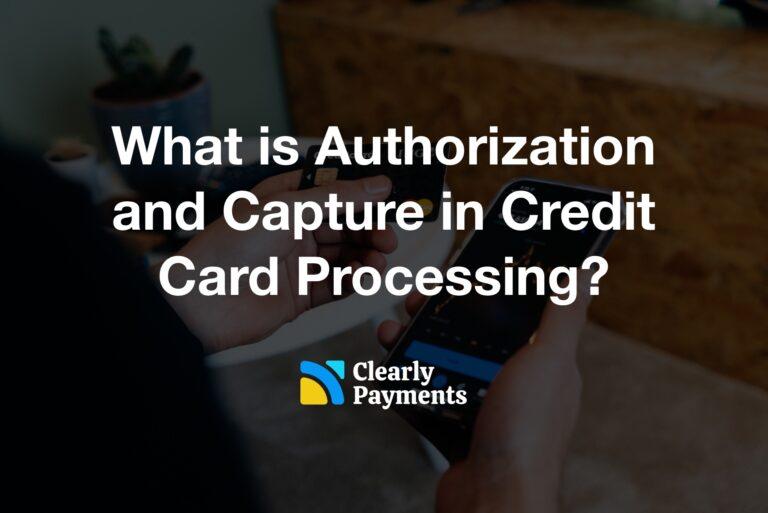A merchant account is similar to a bank loan. It provides credit to a business. It is credit because after a customer swipes their credit card, you as a business will be funded in less than a day. However, the customer may not pay the credit card bill for weeks or even longer. That time period is the credit provided and where risk exists if the customer doesn’t end up paying their credit card bill.
In another scenario, if a business conducts a credit card sale, but does not, or cannot, deliver the product for whatever reason, the customer might issue a chargeback. Now if the business does not have the funds to cover the chargeback, the payment processor takes the risk and has to pay the bill. There is financial risk in being a payment processor. This is why it is generally necessary to provide financial statements and/or a credit check to get a merchant account. Showing financial stability with financial statements is the single best way we can help to reduce credit card processing rates as much as possible.
The typical financial statements needed by a credit card processor are a simple income statement and balance sheet. Most of the time a cash flow statement is not needed. You can produce these statements yourself, so they don’t need to be audited or produced by a bank or an accountant.
From time to time we work with clients that do not want to provide financial statements at first. We get it, company financials are sensitive business information. However, from a payment processing perspective it’s very standard. These financial statements are used once by underwriters to determine financial stability so they know the company will continue successfully operating into the future.




